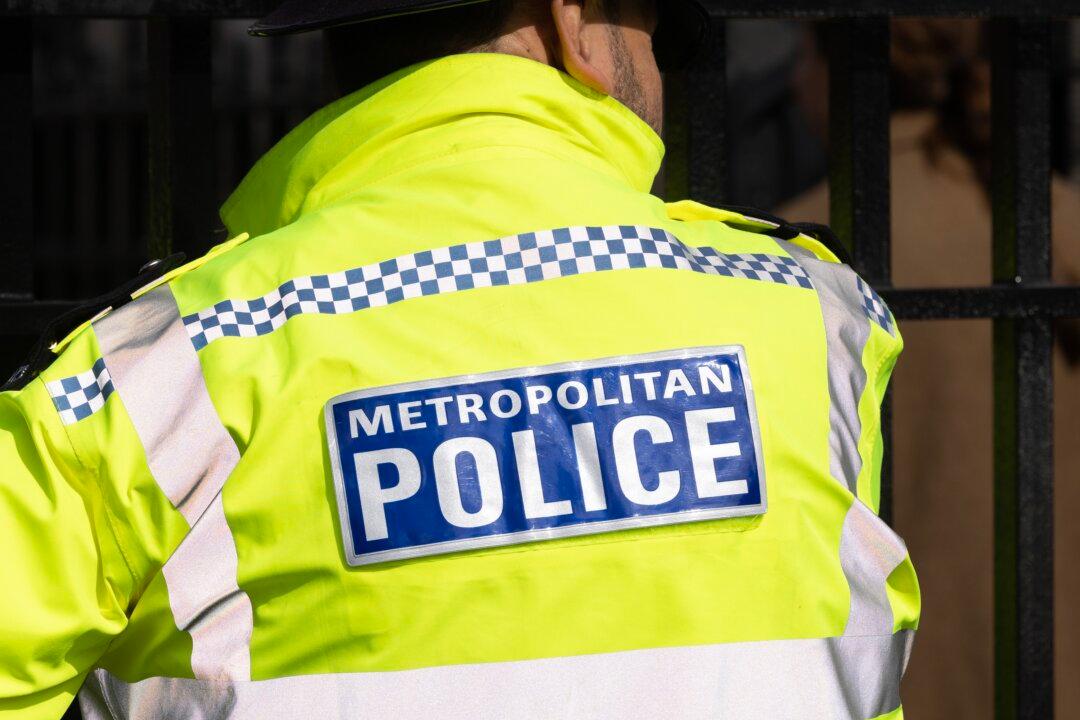Seven police forces have revealed details of how much they spend on informants, but have refused to provide details about how many individuals were on their payroll and whether any registered informants have been convicted of crimes.
The Epoch Times made a request to 10 police forces and the National Crime Agency (NCA) under the Freedom of Information Act for information about covert human intelligence sources (CHISs).





